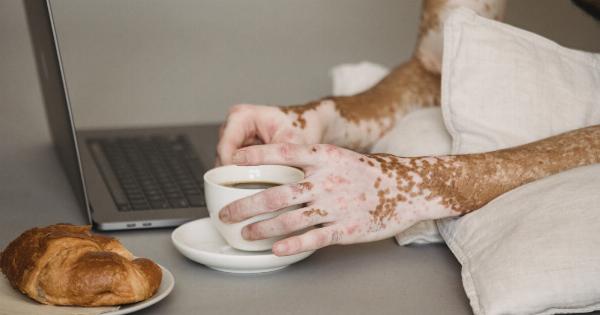Roula Revi is a renowned dermatologist known for her expertise in treating various skin conditions. In this article, we delve into two prevalent skin conditions – Urticaria and Psoriasis, through the lens of Dr. Roula Revi.
We explore the causes, symptoms, and treatment options available for these conditions.
Understanding Urticaria
Urticaria, commonly known as hives, is a skin condition characterized by red, itchy welts or bumps. These welts can appear anywhere on the body and are usually caused by an allergic reaction. Dr.
Roula Revi explains that urticaria can be triggered by several factors such as certain foods, medications, insect bites, and even stress.
Symptoms of Urticaria
The primary symptom of urticaria is the development of red, raised welts on the skin. These welts can be small or large in size and may cause intense itching. In some cases, hives may also be accompanied by swelling, known as angioedema. Dr.
Roula Revi advises that seeking medical attention is crucial if hives persist for more than six weeks or are accompanied by difficulty breathing or swelling in the face, lips, or tongue.
Treatment Options for Urticaria
Dr. Roula Revi emphasizes that identifying and avoiding the trigger is the first step in managing urticaria. Antihistamines are commonly prescribed to relieve itching and reduce the frequency of hives. For severe cases, corticosteroids may be prescribed. Dr.
Roula Revi also highlights the importance of managing stress and leading a healthy lifestyle to minimize the occurrence of hives.
Understanding Psoriasis
Psoriasis is a chronic autoimmune condition that affects the skin cells’ life cycle, causing them to build up rapidly on the surface. This leads to the formation of thick, scaly patches on the skin. Dr.
Roula Revi explains that psoriasis can occur on any part of the body but is commonly found on the elbows, knees, scalp, and lower back.
Symptoms of Psoriasis
The symptoms of psoriasis vary from person to person. The most common symptom is the appearance of red, raised patches covered with silvery scales. These patches may be itchy and can sometimes crack and bleed.
Additionally, individuals with psoriasis may experience nail changes, such as pitting or thickening. Dr. Roula Revi advises individuals with concerning symptoms to consult a dermatologist for an accurate diagnosis.
Treatment Options for Psoriasis
Dr. Roula Revi highlights that psoriasis is a chronic condition without a cure. However, there are various treatment options available to manage and alleviate the symptoms.
Topical treatments, such as corticosteroids, retinoids, and moisturizers, can be used to reduce inflammation and control the scaling and itching. In more severe cases, oral or injectable medications, phototherapy, or biologic drugs may be recommended. Dr. Roula Revi stresses the importance of consulting a dermatologist to determine the most suitable treatment plan for each individual.
Living with Urticaria and Psoriasis
Both urticaria and psoriasis can have a significant impact on an individual’s quality of life. Managing these conditions involves more than just medical treatment. Dr.
Roula Revi advises individuals to follow a healthy lifestyle, including a balanced diet, regular exercise, stress management techniques, and proper skincare. Support groups and counseling can also provide valuable emotional support.
Conclusion
Through the expertise of Dr. Roula Revi, we have gained valuable insights into the skin conditions – urticaria and psoriasis.
Understanding the causes, symptoms, and available treatment options allows individuals to seek appropriate medical help and manage these conditions effectively. By actively participating in their care and adopting a holistic approach, individuals can lead fulfilling lives free from the limitations imposed by these skin conditions.





























